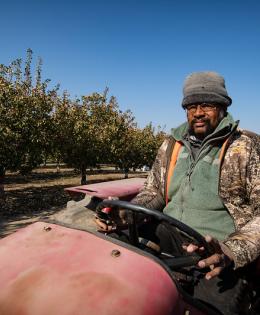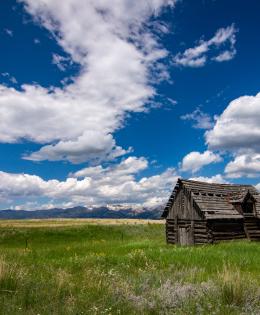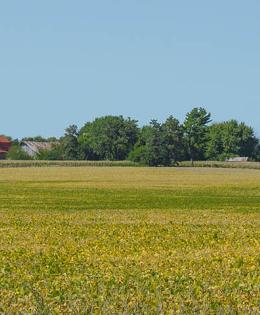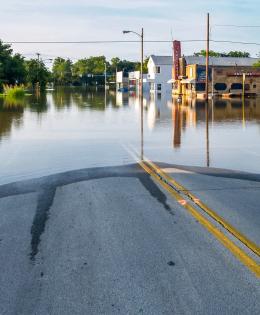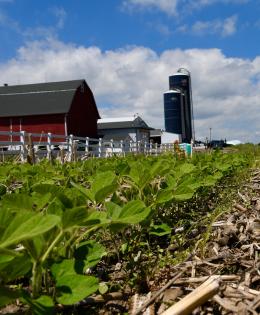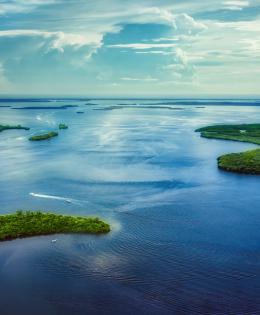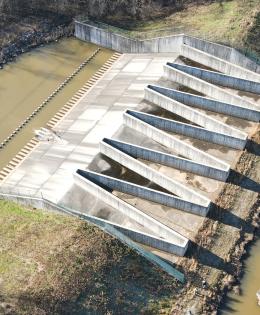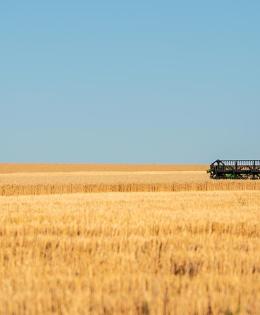
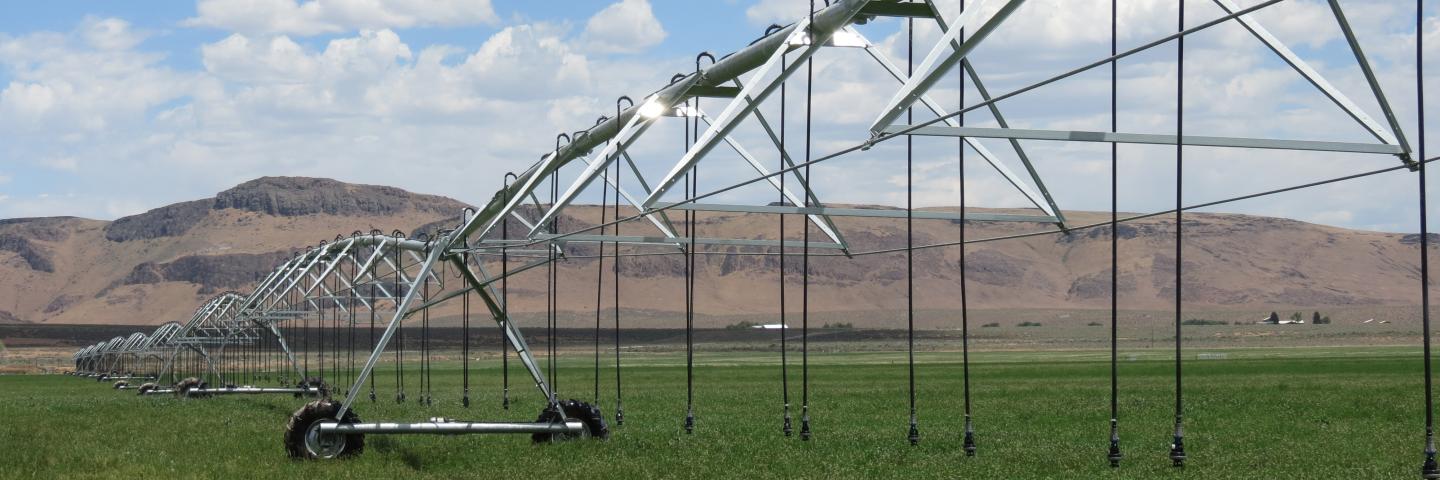
NRCS Nevada offers a variety of programs to help farmers, ranchers, forest landowners, Tribes and conservation partners with financial and technical assistance to voluntarily put conservation on the ground, not only helping the environment but agricultural operations, too.
Nevada State Technical Committee
The Fall 2025 STAC meeting has been rescheduled for Jan. 22, 2026. The agenda and other information will be posted as it becomes available. Click 'Learn More' to view documents from past meetings.
Nevada State Technical Committee
Established by the 1985 Food Security Act, the Nevada STAC provides recommendations to NRCS to carry out the conservation provisions of the Farm Bill. Although the STAC has no implementation or enforcement authority, the committee's recommendations are given strong consideration by USDA.
Learn MoreNevada State Office
Popular Topics
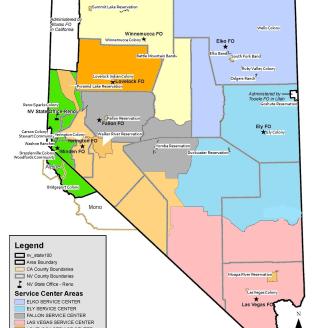
Nevada Service Center Map
This map shows the boundaries of the NRCS field offices in Nevada and provides contact information for people interested in seeking services.
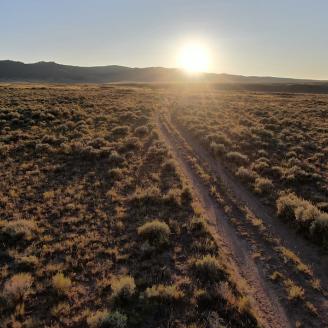
Dates and Deadlines
Great Basin Plant Materials Center
Information provided by and about the Great Basin Plant Materials Center
Nevada Snow Survey
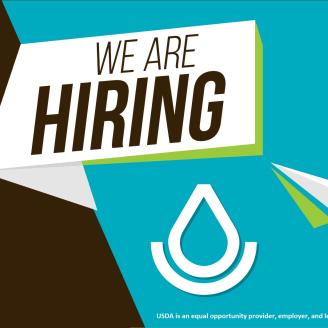
Jobs
Please check back here or at USAJobs for future openings.
To learn more about how to search for positions posted in USAJobs and resume writing tips for Federal jobs, check out the fact sheet below.
.
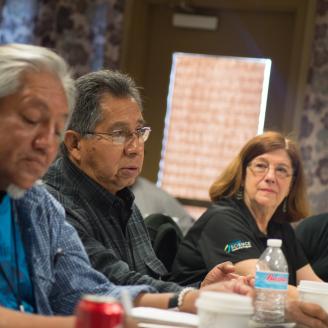
Tribal Information
This site is under construction. It will contain information about NRCS programs in Nevada as it relates to Tribes.
For information on NRCs programs related to tribes, contact John George, Nevada NRCS American Indian Liaison, at
- (775) 309 9535
- jonathan.george@usda.gov
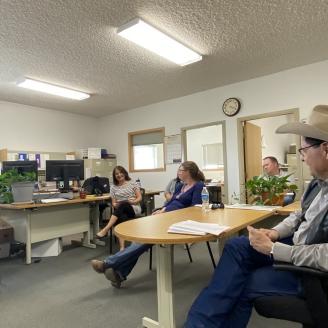
Meetings
Jan. 22 Nevada STAC Meeting. For more info go here.
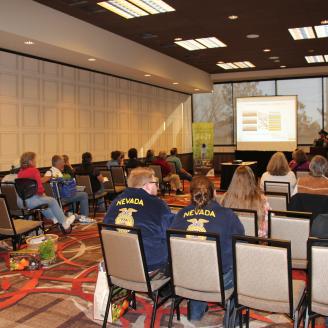
Local Work Group Meetings
State Programs and Initiatives
NRCS and FSA conservation programs are incentive based and provide financial assistance to implement conservation practices. NRCS also offers free conservation technical assistance to help producers plan practices. NRCS accepts applications for conservation programs year-round, but applications are ranked and funded by funding cycle, which have state specific application dates.
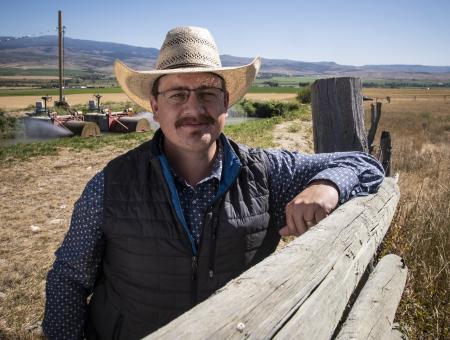
State Payment Schedule
NRCS provides financial assistance for selected conservation practices. The availability and amount of financial assistance can vary between states.
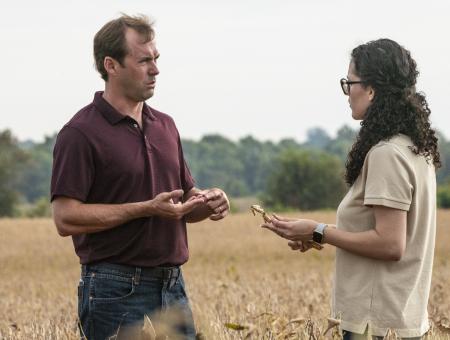
State Technical Committee
State Technical Committees serve in an advisory capacity to the Natural Resources Conservation Service (NRCS) and other agencies of the U.S. Department of Agriculture (USDA) on the implementation of the natural resources conservation provisions of Farm Bill legislation.
How to Get Assistance
Do you farm or ranch and want to make improvements to the land that you own or lease?
Natural Resources Conservation Service offers technical and financial assistance to help farmers, ranchers and forest landowners.
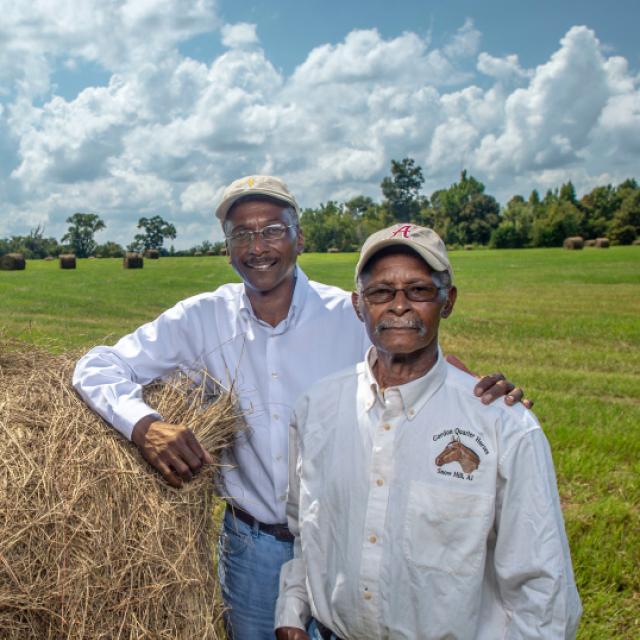
To get started with NRCS, we recommend you stop by your local NRCS field office. We’ll discuss your vision for your land.
NRCS provides landowners with free technical assistance, or advice, for their land. Common technical assistance includes: resource assessment, practice design and resource monitoring. Your conservation planner will help you determine if financial assistance is right for you.
We’ll walk you through the application process. To get started on applying for financial assistance, we’ll work with you:
- To fill out an AD 1026, which ensures a conservation plan is in place before lands with highly erodible soils are farmed. It also ensures that identified wetland areas are protected.
- To meet other eligibility certifications.
Once complete, we’ll work with you on the application, or CPA 1200.
Applications for most programs are accepted on a continuous basis, but they’re considered for funding in different ranking periods. Be sure to ask your local NRCS district conservationist about the deadline for the ranking period to ensure you turn in your application in time.
As part of the application process, we’ll check to see if you are eligible. To do this, you’ll need to bring:
- An official tax ID (Social Security number or an employer ID)
- A property deed or lease agreement to show you have control of the property; and
- A farm number.
If you don’t have a farm number, you can get one from USDA’s Farm Service Agency. Typically, the local FSA office is located in the same building as the local NRCS office. You only need a farm number if you’re interested in financial assistance.
NRCS will take a look at the applications and rank them according to local resource concerns, the amount of conservation benefits the work will provide and the needs of applicants. View Application Ranking Dates by State.
If you’re selected, you can choose whether to sign the contract for the work to be done.
Once you sign the contract, you’ll be provided standards and specifications for completing the practice or practices, and then you will have a specified amount of time to implement. Once the work is implemented and inspected, you’ll be paid the rate of compensation for the work if it meets NRCS standards and specifications.


